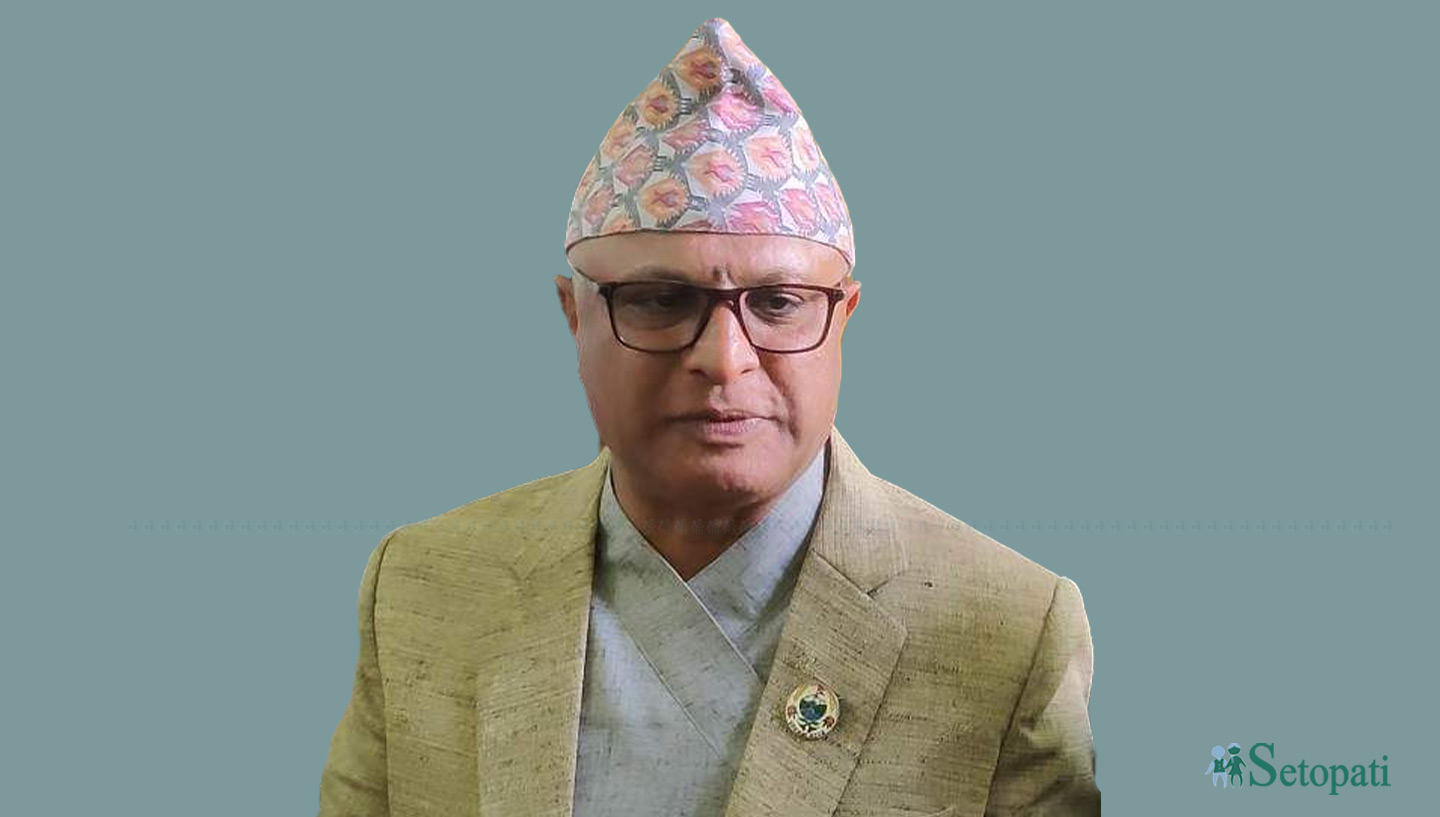Chief Minister (CM) of Koshi province Hikmat Kumar Karki has resigned on Saturday after it became clear that he would fail the floor test.
The CPN-UML leader announced his resignation in the provincial assembly meeting, that was scheduled to vote on the floor test on Saturday, 29 days after Koshi Province Chief Parshuram Khapung had appointed him as the CM according to Article 168 (3) of the Constitution.
Nepali Congress (NC) that has 29 seats, CPN (Maoist Center) 13, CPN (Unified Socialist) four and Janata Samajwadi Party (JSP) one had already decided to vote against Karki in the floor test. UML is the largest party in the 93-strong Provincial Assembly with 40 seats. But it was not even supported by RPP, that has six seats, this time.
Karki was appointed chief minister for the first time on January 8. He was removed from the post after failing a floor test on June 30. But Karki was appointed chief minister for a second time on September 8 after the Supreme Court on September 7 invalidated the floor test passed by Koshi chief minister Thapa.
The full bench including Justices Sapana Pradhan Malla, Kumar Chudal and Nahakul Subedi hearing the writ petition filed against the provincial government of Koshi on Thursday had also ruled that the person chairing the proceedings of provincial assembly cannot vote in the floor test. It had also issued a mandamus ordering formation of a new government as per Article 168 (3) of the Constitution within 48 hours.
"In cases where the Chief Minister cannot be appointed pursuant to clause (2) within thirty days after the date of declaration of the final results of election to the Provincial Assembly the Chief Minister so appointed fails to secure a vote of confidence pursuant to clause (4), the Chief of Province shall appoint as the Chief Minister the parliamentary party leader of the party which has the highest number of members in the Provincial Assembly," states Article 168 (3) of the Constitution.
Karki's resignation has now paved the way for formation of the government under Article 168 (5) of the Constitution that states "In cases where the Chief Minister appointed pursuant to clause (3) fails to secure a vote of confidence under clause (4) and any member referred to in clause (2) presents a ground on which he or she is able to secure a vote of confidence in the Provincial Assembly, the Chief of Province shall appoint such member as the Chief Minister."

